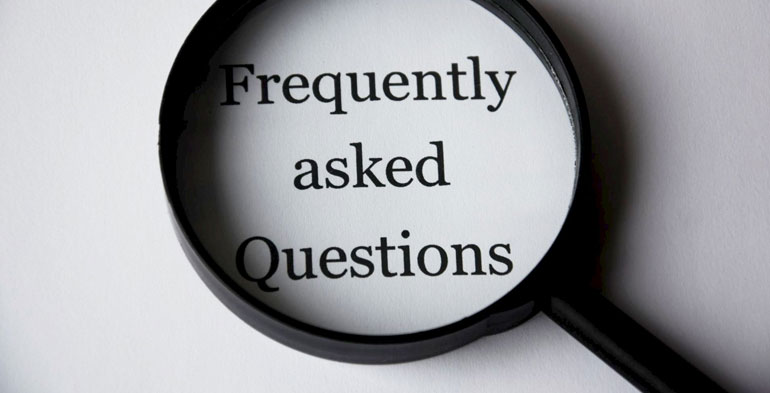Taking a closer look at: Case Fees
We often receive questions about our scheme rules and how we work. Over the next few editions of LeO News we are going to look at some common myths and questions about our rules.
If you have any questions about our rules that you want us to cover you can email us at: support@legalombudsman.org.uk
Case fees - the myth
In this edition of LeO News we look at case fees: why they are charged and when they may be waived.
When we attend events one of the common things we hear is: “You always charge a case fee.” In actual fact we waive the case fee in over 55% of the cases that are within our jurisdiction.
A detailed explanation of how case fees are charged or waived can be found in our Scheme Rules FAQ. We’ve provided an overview in this piece but, in summary, there are two key areas to focus on to in order for a case fee to be waived.
- The remedy offered at the first tier needs to be greater or in line with the remedy that the Legal Ombudsman eventually resolves for. The following guidance will help with this: Our approach to determining complaints and Our approach to putting things right.
- A service provider should take all reasonable steps to resolve a complaint at first tier. The following guidance can help with this: Listen, Inform, Respond and Signposting.
- Why does the Legal Ombudsman have case fees?
- When is a case chargeable?
- When can a case fee be waived?
Very simply, section 136 of the Legal Services Act 2007 says that we must have a charging structure and we must have rules which allow the charges to be waived. The Act also sets out the case fee waiver questions.
Section 6 of our Scheme Rules deals with case fees. It says that a complaint is chargeable unless it is out of jurisdiction or dismissed/discontinued under paragraph 5.7.
Once a case is in jurisdiction, and there are no reasons to dismiss or discontinue it, the case fee becomes chargeable. The decision for us then becomes whether we can waive the fee.
The waiver test is found in rule 6.2 and says:
A case fee is payable by the business/partnership or individual authorised person for every potentially chargeable complaint when it is closed unless:
Part 1 >>>>>>>>>>>>>>>>>>>
a) the complaint was:
- abandoned or withdrawn; or
- settled, resolved or determined in favour of the authorised person; and
Part 2 >>>>>>>>>>>>>>>>>>>
b) the ombudsman is satisfied that the authorised person took all reasonable steps, under his/her complaints procedures, to try to resolve the complaint.
Important things to remember:
- Part 1 and 2 of the test must be met.
- “Settled, resolved or determined in favour of….” means that any remedy offered by the Legal Ombudsman must be equal to or less than that offered by the service provider to meet part 1 of the test.
- If the complaint is abandoned/withdrawn, or determined in favour of the service provider the case fee is still chargeable if there is evidence to show that reasonable steps were not taken to resolve the complaint.
- When we consider “reasonable steps” under part 2 of the test we look at whether:
- the lawyer has adhered to their internal complaints procedure;
- the complainant was kept informed, particularly if there is going to be a delay;
- the complaints handler gathered and considered all relevant information;
- the response addressed all of the issues raised, and was clear, understandable and supported by evidence;
- any failures in service were openly accepted and a reasonable remedy offered to reflect any detrimental impact caused to the complainant; and the tone of the response was polite and professional throughout.

